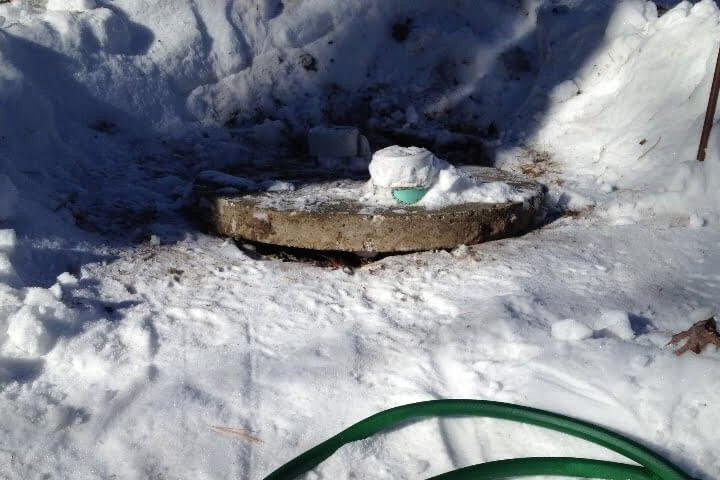Common Winter Problems with Septic Tanks and Systems

For homeowners and business owners, the wintertime presents the chance for a great deal of stress to hit their septic systems. The cold weather, snow, guests stopping by for the holidays, or clients coming in to talk business all come together to inadvertently cause serious damage to a septic tank, something that nobody wants to deal with during the cold winter months.
Knowing what problems to expect and how to avoid them is key to going through a winter without any hiccups in septic systems. Here are some common issues that homeowners and business owners usually have with their tanks and systems and how to avoid them during the next few months.
But First, Insurance
One way that a septic system can be well-maintained is through the protection of a septic tank insurance plan. This unique coverage provides specific protection for businesses who end up running into an issue with their septic system, which may happen at a moment’s notice during the winter.
While practicing the best maintenance tips during winter is crucial to avoid costly damage, not all issues can be avoided. Just in case something does happen, like a leak or clog, septic tank insurance can help provide the financial resources to protect against costlier claims.
Frozen Tank Issues
Frost or snow can gather deep into the components of a septic system, freezing these areas, or even the entire system. When the tank is frozen, it will slow down the metabolic rate of bacteria in a tank, which means that waste will not be able to be broken down and passed along.
This can easily be avoided by installing an insulating cover to a septic system or just simply covering it with a blanket during the colder months, especially at night.
Compacted Snow
Compacted snow combined with colder temperatures can make the soil above a tank compact and dense. When the soil above a septic tank compact, it will end up being less effective when it comes to insulating a tank. This will lead to a frozen system. What’s more, when the soil in a drain field is compacted, wastewater will not be filtered or drained as well as it should be.
To keep this from happening, it’s important to aerate the soil before the cold weather sets in. For homeowners, it’s also important to keep from driving over these parts so they don’t compact the snow and soil even further.
Difficulty Pumping a Tank
During the winter months, it can be more difficult to pump a septic tank. The hard, frozen ground can get combined with snow, which makes digging into the ground to reach the septic system far from easy. While it is not impossible to perform this maintenance in the winter, this level of difficulty should be avoided at all costs.
To avoid problems like this, septic tanks should be pumped when getting full. An early pumping before freezing takes place on the ground will cut down on the likelihood of maintenance during the winter.
Trouble with Pipes
Pipes that are tattered with leaks or clogs can often lead to improper drainage and avoidable damage to the area around the system. Leaks during the cold can also increase the chances of freezing taking place, which will damage the system even more. Clogs can end up causing wastewater to gather in pipes. Frozen wastewater can end up leading to damage of a septic system and can also contaminate drinking water.
These issues can be avoided by fixing leaky pipes before winter hits or it gets too cold, like during an upcoming freeze. All clogs and leaks should be taken care of as soon as they are noticed to avoid allowing these issues to only grow in severity and cost.
No matter what problem you face, for your business property for your residential property, we can help. When it comes to sewer and drains or septic tank services one of our 2 companies can help.

